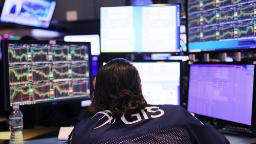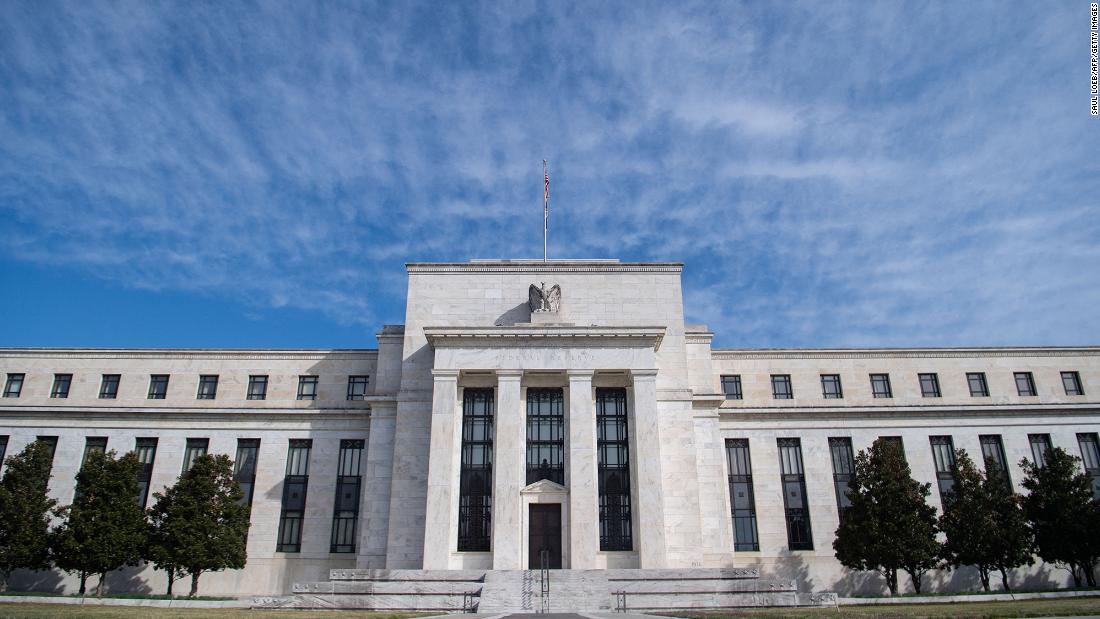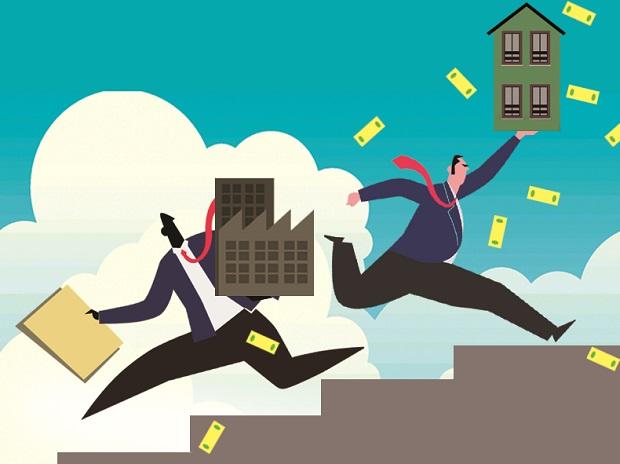
The S&P 500, already in a bear market, experienced another major downswing on Friday. The Dow fell briefly into bear territory and closed at its lowest level since 2020.
But while investors have waivered between whether the Fed will achieve a “hard” or “soft” landing, there’s a third, in-between possibility where everything feels kind of bad for a prolonged period of time. At this point, that economic purgatory may be investors’ best hope.
The new aim appears to be for a so-called growth recession: A prolonged period of meager growth and rising unemployment. The pain is sharper and lasts longer than that of a soft landing, but a “growth” recession doesn’t pull the entire economy into contraction the way a proper recession would. It looks like a recession, and feels like a recession, but it isn’t a recession — at least not officially.
The central bank’s updated economic projections last week showed that it expects to land in this scenario. Policymakers revised down their forecasts for economic output through the end of 2024 and raised forecasts for the unemployment rate from their last projections published in June.
Last week, Fed Chair Jerome Powell acknowledged that the dream a soft landing is over. “Reducing inflation is likely to require a sustained period of below-trend growth,” the chair said after announcing another three-quarters of a percentage point interest rate hike. There “will very likely be some softening of labor-market conditions,” he added.
A growth recession is still painful. In a best-case scenario, said Joe Brusuelas, chief economist at RSM US, between five and six million US jobs would have to be lost to bring inflation down to the Fed’s 2% goal.
The declaration of the recession might just be an academic exercise anyway, said Kevin Gordon, senior investment research manager at Charles Schwab, as people are already suffering economically.
Low-income Americans are experiencing negative real wage growth, investors are losing serious money across multiple asset classes, homebuyers are being shut out of a housing market that’s too expensive and renters are struggling to afford their leases.
The bottom line: Elevated housing prices, aching tech stocks, hot inflation and war in Europe are weighing on investors. The Federal Reserve’s new warning that it isn’t afraid to spark economic pain adds to the noise. Goldman Sachs and Bank of America both downgraded their annual S&P 500 targets last week.
“We can expect continued market turbulence for some time,” said Brad McMillan, chief investment officer for Commonwealth Financial Network.
But there is a silver lining. “The Fed is performing surgery right now on the economy,” said McMillan. “In the short run, it is painful. But in the long run? It is a healing process and one that sets the stage for a healthier economy and markets.”
Markets pan new plan to save the UK
Announcing the biggest tax cuts in 50 years at the same time as boosting spending, Finance Minister Kwasi Kwarteng defended the government’s focus on growth in spite of persistent inflation woes as a “new approach for a new era.”
Marc Benioff is obsessed with Twitter
Marc Benioff and Elon Musk have something in common.
But unlike Musk, he’s not going to actually make an offer.
“I will never buy Twitter,” Benioff clarified to Harlow. “Because I want something doesn’t mean I’m going to have it…I would like to go have a sundae right now with three scoops of ice cream, chocolate sauce and whipped cream and a cherry. But I’m not going to have it.”
Still, he thinks that there could be a giant, unrealized upside to the company. Twitter, he said, “is the greatest, most unrealized, most un-monetized brand” in tech, adding that “it’s an amazing company, amazing brand, amazing platform and can do incredible things for the future.”
Up next
Boston Fed President Susan Collins, Atlanta Fed President Raphael Bostic, Dallas Fed President Lorie Logan and Cleveland Fed President Loretta Mester all speak.
Later this week: US consumer confidence, US new home sales and the end of the third quarter.
Note:- (Not all news on the site expresses the point of view of the site, but we transmit this news automatically and translate it through programmatic technology on the site and not from a human editor. The content is auto-generated from a syndicated feed.))



